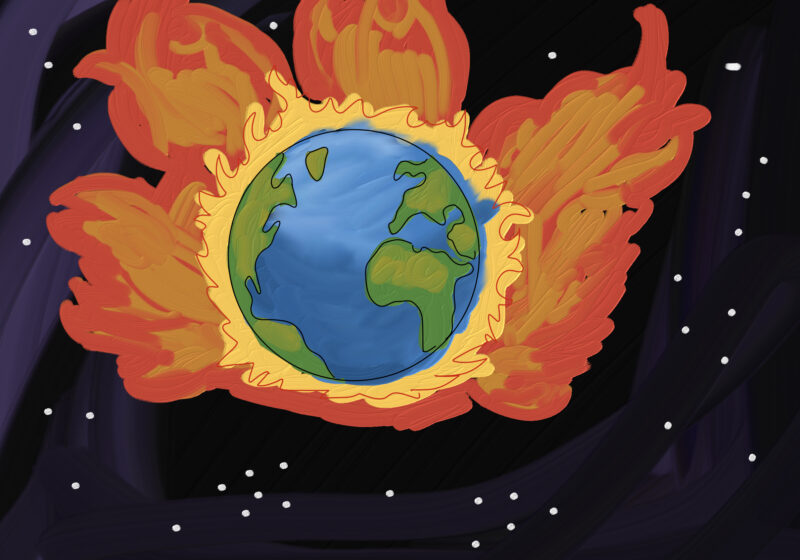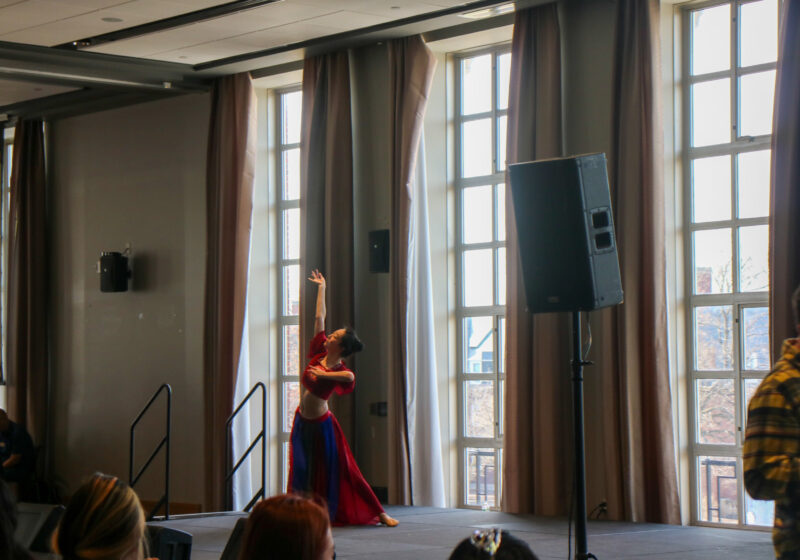I was the political type in high school.
I don’t think people went as far as to consider me a social justice warrior, but I felt as though their patience had run thin with me by my junior year. Though my high school was relatively diverse, it didn’t shield me from growing up near rural whites who didn’t let their friendships with me trump their personal politics.
I’ll never forget being told by one of my best friends that “they couldn’t trust an immigrant” — and losing more than one friend for calling them out on their xenophobia. Each time a white student had an issue with saying racial slurs, the conversations revolved more around the drama of the situation rather than the words’ actual impact. It felt as though preserving the social fabric mattered more than having a backbone; that I would have been better liked had I just kept my mouth shut.
Even the people I thought were my friends didn’t so much respect me as they simply tolerated me. They’d enjoy my presence and share laughs with me, but turn their nose up at my minority friends for no valid reason. I’d previously thought I was loved for who I was, but it was when I expected their open support or love that I realized that their desire to preserve an image of themselves mattered more than actually caring. Their approval among their peers dictated their actions, and I had zero social capital to influence them, no matter how close I thought we truly were.
Yet, I recall watching everyone turn into Instagram activists after George Floyd passed away in 2020. Suddenly, there’s blackout squares from those same individuals, and there’s infographics explaining systemic racism to me, and everybody’s a newfound expert in racial justice — not because they felt morally compelled to, but because they felt socially responsible. Their image and status weren’t threatened by being vocal — quite the opposite — and so they didn’t feel afraid to act.
We live in a perpetual fear of what the next person has to say about us: what we’re doing, the way we act, and how we appear to eyes that otherwise hold zero influence over us. It defines our relationships, our social hierarchies, and our psychology itself. As humans, we want to be included and approved of, so we toe the line just enough to never fall out of favor, and we prevent ourselves from embracing the truths that define who we truly are. We elect to preserve our status in the face of an unjust society, because who would we be without it?
I’m described as being “too much” for choosing to be somebody who cares about other people. I’m “too intense” or “too passionate” because choosing to care is too much in a world where we’ve grown too comfortable with apathy. We masquerade as activists through social media and aesthetics and pat ourselves on the back for doing the bare minimum. We coddle ourselves by weaponizing therapy language like “trauma bonding” and “boundaries” that prevent us from accessing the vulnerability that human connection requires. We protect ourselves in echo chambers, where anyone who challenges us is worthy of judgment and unworthy of our acceptance.
We’ve failed to embrace the social responsibility that community requires, and we are losing ourselves because of it. I work with individuals every day who look at me with bright eyes because nobody’s ever paid attention to them the way I have, or treated them with the same respect I do. They feel undesirable, as though the world’s turned their back on them — and I can’t help but reflect on how I’ve felt doing the same before, begging for someone to care about me or pay attention to my work.
It isn’t easy to care, nor does it pay well or look cool. But people who do are who ground the community, and who give those around us a reason to embrace each other. The world is shaped by the collective impact of individual actions, and it’s through a mutual responsibility to the empowerment of one another that we can find avenues of social progress.






